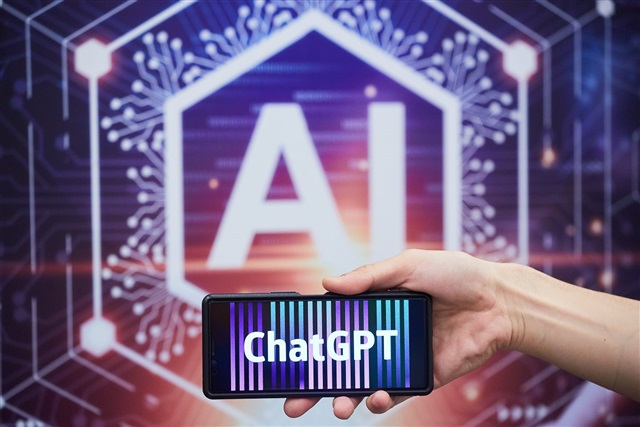
(JW Insights) Aug 16 -- MedGPT, an AI doctor launched by Chinese online healthcare provider Medlinker (医联), will soon benefit a large number of Chinese patients as it can diagnose some of the most common diseases with the same degree of accuracy and consistency as a living, breathing physician, China Daily reported on August 16.

Launched earlier this year, MedGPT is China’s first homegrown medical large language model following the late-2022 launch of the United States' Open AI's ChatGPT.
Unlike general purpose large-scale models, MedGPT was designed to offer practical diagnosis in real medical scenarios, and throughout the entire medical process, from disease prevention to diagnosis, treatment and rehabilitation.
"The integration of AI doctors and telemedicine services is certain to disrupt the entire medical field. At the same time, it will become possible to rapidly replicate high-quality medical resources and make them universally available," said Wang Shirui, founder and CEO of Medlinker.
As some question whether the AI doctor is just a passing tech fad, a real-world assessment took place between MedGPT's AI doctors and human doctors in June. The livestreamed evaluation involved 120 real patients and 10 attending physicians from West China Hospital, Sichuan University.
Seven renowned physicians from leading Chinese hospitals reviewed and scored the results based on criteria including consultation accuracy, diagnosis, treatment recommendations, suggested additional examinations, data analysis, explanations provided to patients, and the use of natural language in patient interactions.
To people's surprise, human doctors scored an average of 7.5 out of 10, while MedGPT scored 7.2.MedGPT's recommendations were found to be 96 percent as good as those from top-tier physicians.
"Looking into the future, we firmly believe that through MedGPT, both the efficiency and the effectiveness of doctors will be vastly enhanced. Furthermore, Medlinker's telemedicine service network will be able to leverage MedGPT to provide more convenient, efficient and accessible medical services to a significantly larger pool of patients while remaining affordable," Wang said.
But MedGPT hasn't yet been put into commercial use. Before it is put into actual practice, more efforts are needed from the government to launch related approvals, guidelines as well as rules for such generative AI tools for healthcare, according to the China Daily report.
(Yuan XY/Gao J)








